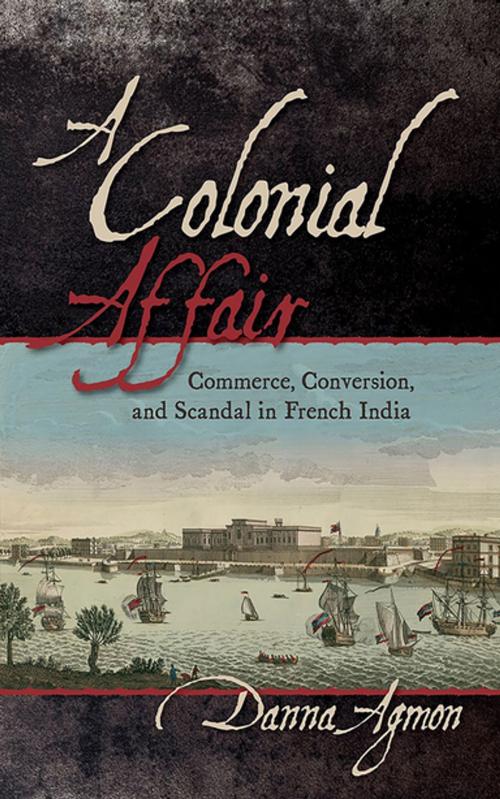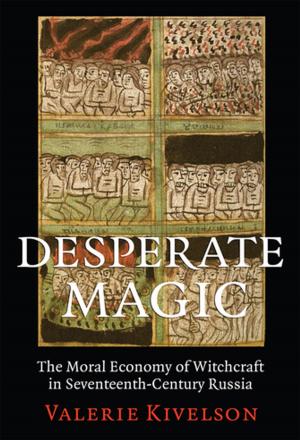A Colonial Affair
Commerce, Conversion, and Scandal in French India
Nonfiction, History, Asian, India, France| Author: | Danna Agmon | ISBN: | 9781501713064 |
| Publisher: | Cornell University Press | Publication: | September 15, 2017 |
| Imprint: | Cornell University Press | Language: | English |
| Author: | Danna Agmon |
| ISBN: | 9781501713064 |
| Publisher: | Cornell University Press |
| Publication: | September 15, 2017 |
| Imprint: | Cornell University Press |
| Language: | English |
A Colonial Affair traces the 1716 conviction of Nayiniyappa, a Tamil commercial agent employed by the French East India Company, for tyranny and sedition, and his subsequent public torture, the loss of his wealth, the exile of his family, and his ultimate exoneration. Danna Agmon’s gripping microhistory is a vivid guide to the "Nayiniyappa Affair" in the French colony of Pondicherry, India. The surprising and shifting fates of Nayiniyappa and his family form the basis of this story of global mobilization, which is replete with merchants, missionaries, local brokers, government administrators, and even the French royal family.
Agmon’s compelling account draws readers into the social, economic, religious, and political interactions that defined the European colonial experience in India and elsewhere. Her portrayal of imperial sovereignty in France’s colonies as it played out in the life of one beleaguered family allows readers to witness interactions between colonial officials and locals. Students and scholars of the history of colonialism, religion, capitalism, and law will find Agmon’s narrative of European imperialism of great interest.
A Colonial Affair traces the 1716 conviction of Nayiniyappa, a Tamil commercial agent employed by the French East India Company, for tyranny and sedition, and his subsequent public torture, the loss of his wealth, the exile of his family, and his ultimate exoneration. Danna Agmon’s gripping microhistory is a vivid guide to the "Nayiniyappa Affair" in the French colony of Pondicherry, India. The surprising and shifting fates of Nayiniyappa and his family form the basis of this story of global mobilization, which is replete with merchants, missionaries, local brokers, government administrators, and even the French royal family.
Agmon’s compelling account draws readers into the social, economic, religious, and political interactions that defined the European colonial experience in India and elsewhere. Her portrayal of imperial sovereignty in France’s colonies as it played out in the life of one beleaguered family allows readers to witness interactions between colonial officials and locals. Students and scholars of the history of colonialism, religion, capitalism, and law will find Agmon’s narrative of European imperialism of great interest.















